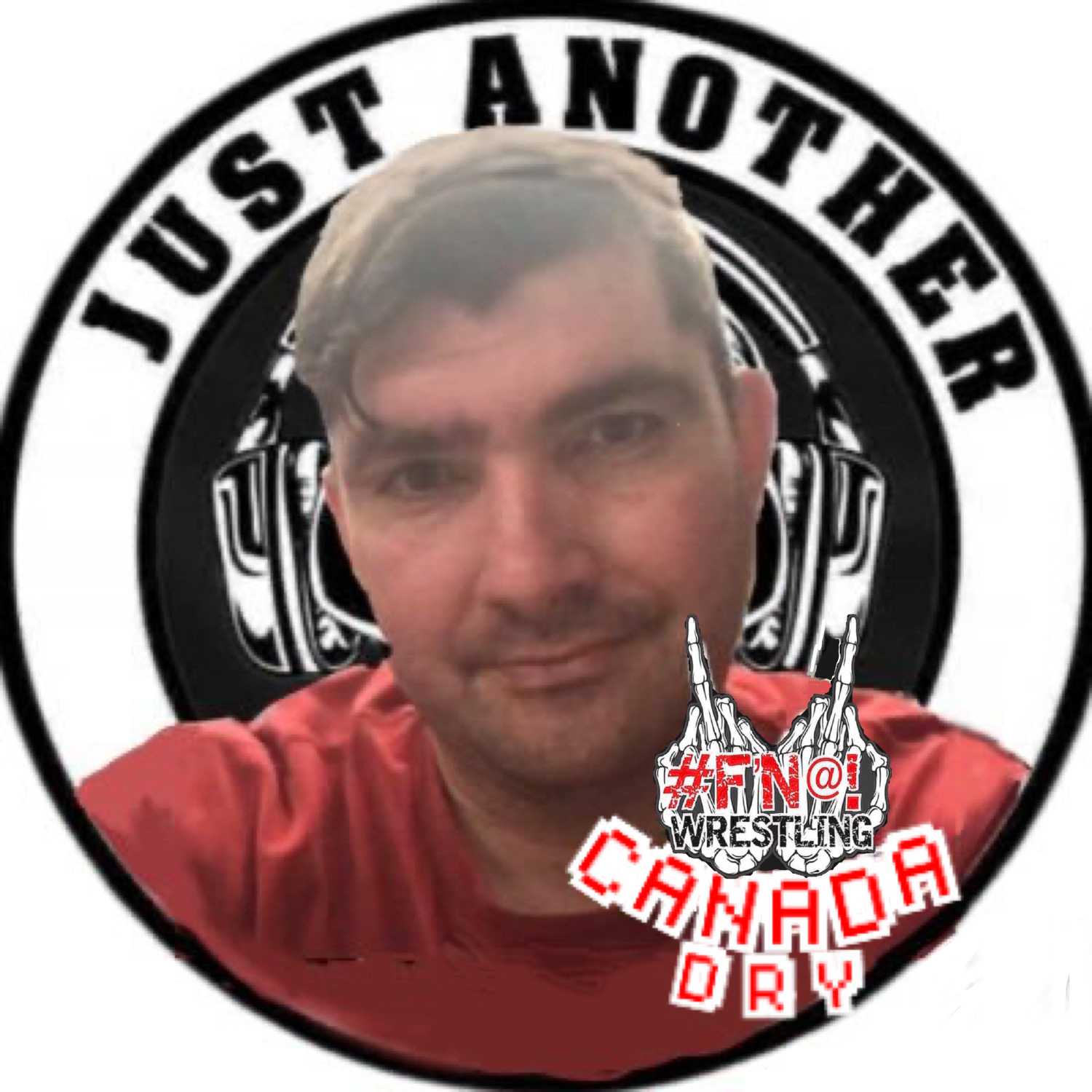The "Financial Peril" Myth: How a 1997 Letter to The Ultimate Warrior Exposes the Truth Behind the Montreal Screwjob
- Aaron "Canada Dry" Harder

- Nov 19, 2025
- 3 min read

For decades, the official narrative surrounding the Montreal Screwjob—the most controversial moment in professional wrestling history—has hinged on a single financial premise. Vince McMahon claimed he broke his 20-year contract with Bret "The Hitman" Hart because the World Wrestling Federation (WWF) was in dire financial straits. He argued he simply could not afford Hart’s contract anymore, famously pleading poverty to justify pushing his loyal champion out the door and into the arms of rival WCW.
However, a surfaced document from just five weeks after that fateful night in Montreal suggests this "financial peril" was a fabrication.
The "Smoking Gun" Document
The image above displays a formal offer letter from Vince McMahon to Jim Hellwig (The Ultimate Warrior), dated December 17, 1997. This is approximately 38 days after the Montreal Screwjob.
While McMahon was publicly and privately claiming the company was too broke to pay Bret Hart (whose deal was reportedly around $1 million to $1.5 million annually), he was quietly putting pen to paper on a massive, multi-year deal for the Ultimate Warrior—a wrestler who had already left the company under acrimonious terms twice before.
Breaking Down the Numbers
The terms offered to Warrior in this letter are staggering, especially for a company supposedly on the brink of financial ruin:
• The Guarantee: McMahon offered a Minimum Guarantee Compensation of $750,000 per year. While nominally less than Bret’s peak salary, this was merely the floor.
• Unprecedented Royalties: The most shocking detail is the royalty rate. The letter explicitly offers royalties paid on a 35% basis on merchandise, with a parenthetical note from Vince admitting: "(EVERYONE ELSE IS PAID ON 25%)".
• Given Warrior's history as a merchandise machine, this extra 10% bump would likely have pushed his actual earnings well past the $1 million mark, easily rivaling or exceeding the "unaffordable" contract of Bret Hart.
• Part-Time Schedule: The deal required only 14 working days per month "for everything." This indicates Warrior was being offered a main-event salary for a schedule significantly lighter than the grueling 300-day road schedule Hart had worked for years.
• Long-Term Security: The term was for 5 Years, debunking the idea that Vince was afraid of long-term financial commitments during this period.
The Timeline of Deception
To understand the magnitude of this contradiction, one must look at the calendar of late 1997:
1. September/October 1997: Vince McMahon tells Bret Hart the WWF is in "financial peril" and encourages him to reach out to WCW because he can no longer honor their 20-year agreement.
2. November 9, 1997 (Survivor Series): The Montreal Screwjob occurs. Bret Hart is betrayed and leaves the company.
3. December 17, 1997: Vince McMahon writes this letter to the Ultimate Warrior, stating, "I look forward to building the resurgence of the Ultimate Warrior again," and offering a deal worth millions over five years.
Conclusion: It Wasn't About Money
The existence of this letter effectively shatters the defense that business necessity forced Vince McMahon's hand in Montreal. If the WWF had the liquidity to offer a $750,000 downside guarantee and unprecedented 35% merchandise royalties to a mercurial talent like the Ultimate Warrior in December, they almost certainly had the funds to honor the contract of their steady champion, Bret Hart, in November.
The juxtaposition of these two events paints a clear picture: The "financial peril" was a calculated lie. McMahon didn't get rid of Bret Hart because he couldn't pay him; he got rid of him because he wanted to pivot the creative direction of the company toward the "Attitude Era"—and he was willing to spend that same money on a nostalgia act like Warrior (or, famously, Mike Tyson just months later) rather than the Hitman.




Comments